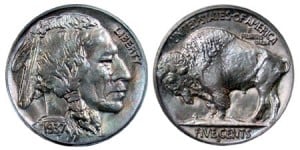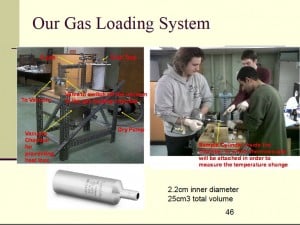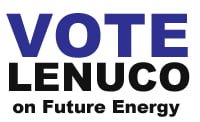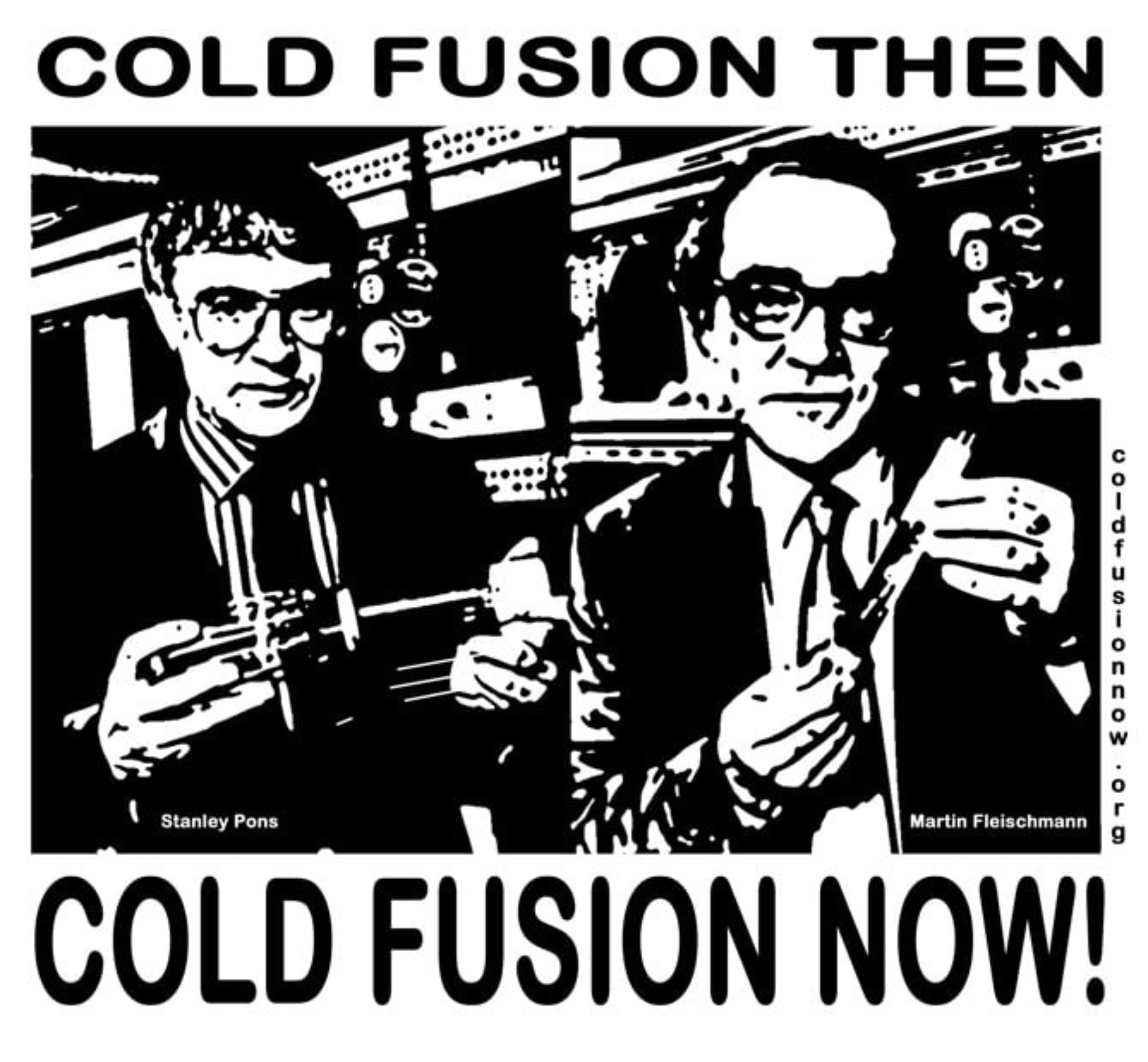The LENR Distributed Power Units project up on the Future Energy “crowdvoting” platform is the favorite with just hours to go, though the Printable Photovoltaics is still hanging on for a last minute surge.
If you haven’t yet, there’s still time to vote!
George Miley is Professor Emeritus of University of Chicago Urbana-Champagne, Illinois, and the intellect behind LENUCO and the LENR-Gen unit.
He describes the “core technology” presented in a statement on the front page:

–George Miley LENR Distributed Power Units
That means that tiny particles of nickel – the very same nickel in your pocket as change – are exposed to hydrogen H, the simplest element in the universe, and found in water.
In a small chamber that has a higher-pressure than normal, the hydrogen interacts with the nickel atoms to make heat.
At the NETS conference last year, Miley presented a design for a LENR generator that could replace the dirty radioactive fuel currently used by NASA for spacecraft power in the General Purpose Heat Source with clean nickel and hydrogen heat source.
The heat is closer in magnitude to Einstein’s E = mc
Mass changing to energy is a nuclear phenomenon, not a chemical phenomenon, but no radioactive materials are used.
A reaction based on the metal nickel and hydrogen, there is no dangerous radiation from the LENUCO power unit.
This source of this heat power is called the new fire.
While the current handful of startups around the world is almost wholly focused on hot-water heaters, LENUCO plans to make electricity with this device.
The smaller 10K units would be for civilian use, though a military customer is in the plan as well:
The recent discovery of practical applications of low energy nuclear reactions (LENR) has created much activity and interest worldwide. Several companies, including LENUCO, have entered this business. Our approach using hydrogen loaded nanoparticles to produce heat that is converted to electrical output offers many advantages. Lenuco was founded to commercialize this technology and has a two-pronged business model. One prong is to manufacture small to medium range distributed power sources for home and industrial use.
The second prong is to provide develop the technology for use by in Army bases, both homeland and in forward facilities, for a main power source.
Both uses capitalize on the high power density and low maintenance, radiation free, long lifetime characteristics of LENR power cells.

Heat is produced by the resulting low energy nuclear reactions through a process which avoids any significant radioactivity.
Uses range from home heating to central heating units.
Compared to other renewable energy, LENR power units offer two distinct advantages: 24/7 operation and higher power density, hence significantly smaller units per unit power.
LENR cells also provide power without greenhouse emissions and with no significant wastes.
These advantages plus minimum maintenance and long lifetime result in a distinct economic advantage over other renewable energy sources as reflected by shorter pay-back times than solar, wind or fuel cells. –George Miley LENR Distributed Power Units
If you haven’t voted yet, there’s still time but you must act now:

Related
U.S. Schools with Cold Fusion-Friendly Faculty by Ruby Carat
LENR-Gen Module needs your vote by Ruby Carat



Thanks Ruby for highlighting this again.
We still need every vote we can get to hedge for a last minute surprise (#3 on the list is currently picking up votes very fast)
When voting per email, don’t forget to open the received email and click on the link to complete the vote.
Gerrit
too bad, smartpwrnet is firs now woth 150 more votes.
note that we should stay hones, since there is a chance they get disqualified for robots…
or like us last time, they simply discover the project lately… bu I don’t know which community would be interested in that project so much…
Dear Ultra Light Startups
You have a great concept, and I hope that some of these idea take off. I voted for two recently, one which I am following closing.
I checked some of the complication, which recently surged, and found that with a simple Google search of one of the urls… it shows that someone cheating.
I did a simple search for the URL “http://futureenergy.ultralightstartups.com/campaign/detail/933” and found it on a Facebook page that promises you to get online votes.
https://www.facebook.com/GetOnlineVotes/timeline which goes to the company http://www.GetOnlineVotes.com
I took a screenshot. I removed my name on the Facebook screenshot. Anyone with a facebook account could see this, you just have to scroll down to Tuesday’s timeline. See screenshots below my signature.
I figured you should be aware of such activity on your site.
But – I made an error.
The page http://futureenergy.ultralightstartups.com/campaign/detail/945 is the one that came up on Google / Facebook. This is for “Packet Energy Transfer”.
Not “http://futureenergy.ultralightstartups.com/campaign/detail/933”. SmartPwrNet seems good, as least on Google.
Sometime you want to just see what you are looking for. I see my screenshots again, and see I was wrong.
I’m sure this is helpful anyways.
Thank you
The URL shows up on the Google history of the GetOnlineVotes facebook timeline also.
COLD FUSION